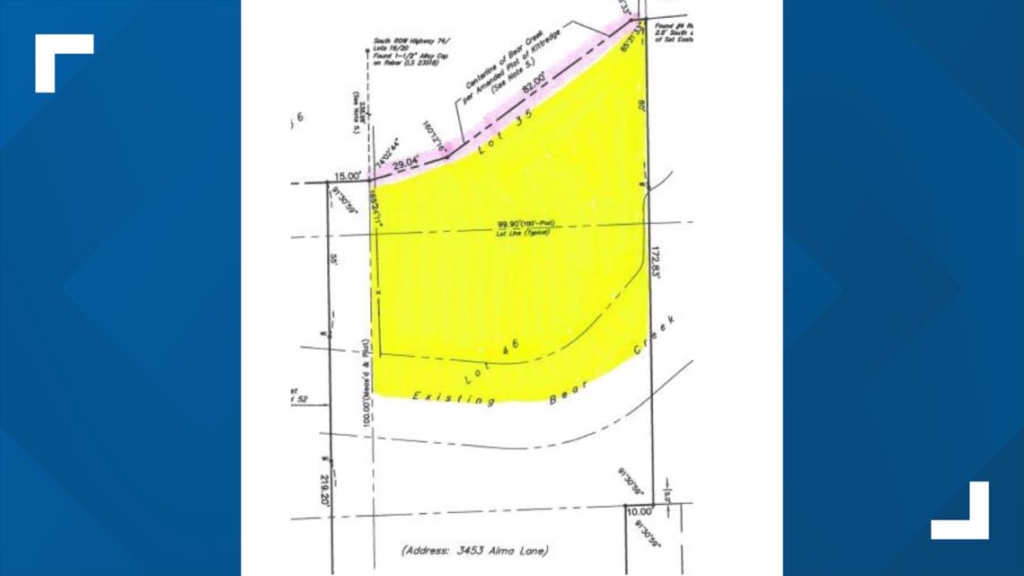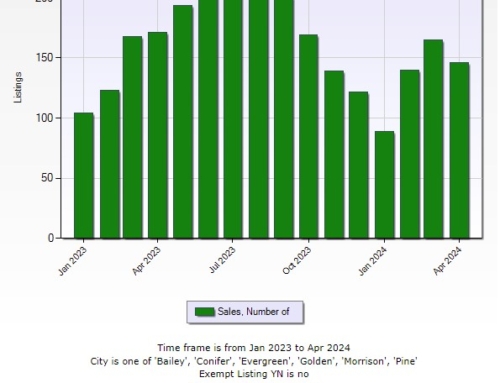
Eminent domain and adverse possession are two legal concepts that deal with the transfer of property rights from one party to another.
Eminent domain is the power of the government to take private property for public use, as long as the owner of the property is justly compensated. This power is derived from the Fifth Amendment of the US Constitution, which states that private property cannot be taken for public use without just compensation. Eminent domain can be used for a wide range of public purposes, such as the construction of roads, bridges, schools, or other public infrastructure. The government must provide fair market value for the property it takes, and the property owner can challenge the government’s determination of fair market value in court.
Adverse possession, on the other hand, is a legal principle that allows a person to claim ownership of a piece of property by using it openly, continuously, and without permission for a certain period of time. The period of time required to claim ownership through adverse possession varies by jurisdiction, but it is typically between 5 and 20 years. To establish a claim of adverse possession, the claimant must prove that they have used the property openly, continuously, and exclusively, without the owner’s permission, for the entire statutory period. If the claimant meets all of the legal requirements, they can file a lawsuit to obtain title to the property.
The main difference between eminent domain and adverse possession is that eminent domain is initiated by the government, while adverse possession is initiated by a private individual. Eminent domain is used for public purposes and requires that the government compensate the owner of the property, while adverse possession is a way for someone to obtain ownership of property without paying for it. Additionally, eminent domain involves taking the entire property, while adverse possession only involves taking ownership of the portion of the property that the claimant has been using.
Overall, while both eminent domain and adverse possession involve a transfer of property rights, they are very different legal concepts that are applied in different situations and for different purposes.

Orson Hill Realty is a real estate company in Evergreen, Colorado that serves the Denver Foothills and the Denver Metro. Orson Hill Realty can assist in any size real estate transaction from small land listings to luxury listing agents and buyer brokers.
Orson Hill Realty has experienced listings agents and buyer agents. Our Realtors know how use high tech digital marketing mixed with old school marketing to sell your home faster and for more money.
This technology also helps buyers find their home faster. That way a buyer never misses the perfect home again. Any real estate agent in this day and age that doesn’t leverage technology is not doing their clients any favors. All Orson Hill Realty real estate agents are Realtors.
Orson Hill Realty is a full-service Colorado-based real estate company that offers professional real estate agents and brokers to assist you in your buying or selling process. Our agents are well-versed in the local community and have a strong online presence, making them highly effective in their field. For buyers, we offer online listing alerts and a user-friendly portal to facilitate an efficient home search, with access to homes not yet on the market, and for sellers, we advertise on a wide range of listing websites to ensure high visibility for your listing.
As realtors, we are dedicated to upholding a higher level of ethics and experience in our business, and we are deeply invested in the community, with active participation in various local events and activities. Our real estate agents possess a wealth of knowledge on the local area and know how to negotiate the best prices for your needs. We offer excellent services for luxury homes and horse properties, although we handle any size real estate transaction with utmost professionalism.
Our company places a strong emphasis on technology, recognizing the importance of an online presence to meet the demands of our fast-paced industry. With multiple high traffic websites and digital marketing strategies, we ensure that your property is marketed throughout the internet to reach a wider audience. We are dedicated to providing luxury services to all our clients, regardless of the price point.
Orson Hill Realty
Ask me about Southwest Florida real estate









Leave A Comment
You must be logged in to post a comment.